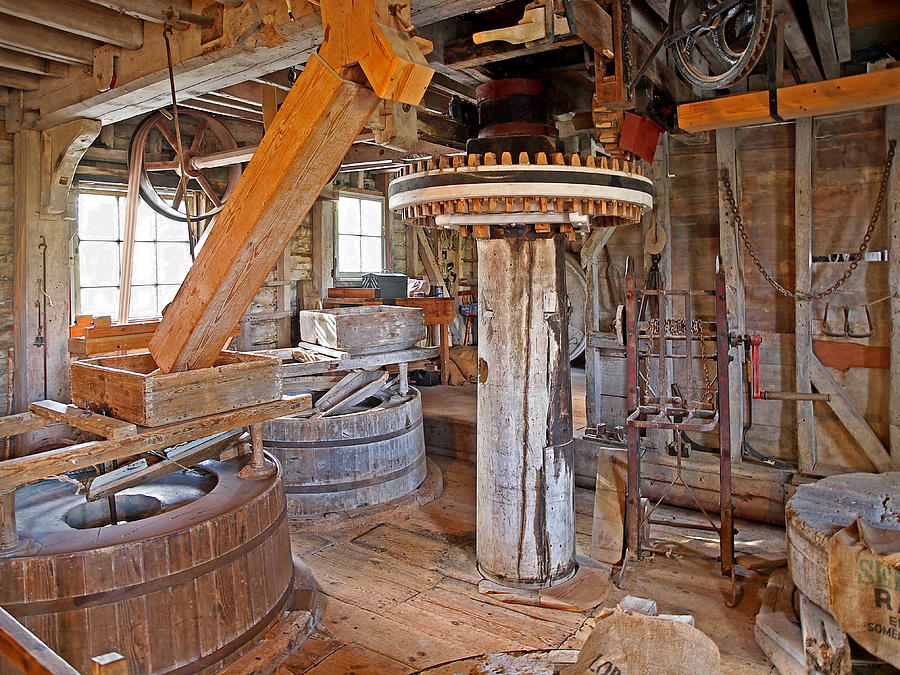A flour mill can be a facility or machinery used for mincing grains into flour. Flour milling has been a fundamental process in human being civilization for hundreds and hundreds of years, offering a staple food resource in many nationalities. Flour mills could vary widely inside scale and style, from small hand-operated mills to significant industrial complexes.
The basic process of flour milling consists of cleaning and softening the grains, milling them into flour, after which refining and even packaging the flour for distribution. Here's a brief overview of the standard steps involved within flour milling:
Cleansing and conditioning: The grains, usually whole wheat but also various other grains like hammer toe, rice, or barley, are cleaned to eliminate any impurities like dirt, stones, or other foreign substance. They may furthermore undergo conditioning in order to adjust their moisture content and boost their milling qualities.

Milling: The washed and conditioned cause are then that passes a series involving milling machines, which in turn crush and smash them into flour. The milling method typically involves many stages to steadily reduce the materials particles to the particular desired fineness.
https://arvaflourmills.com/ and refining: Right after milling, the flour is normally sifted to separate the finer flour particles coming from the coarser grain and germ. This can be done using displays or air power to separate the particular different components. Typically the flour might also undertake further refining techniques to improve the quality or remove any remaining impurities.
Packaging and submission: Once the flour has become milled and even refined, it will be packaged into carriers or other containers for distribution to consumers. According to the range of the functioning, this may entail automated packaging systems or manual toil.
Flour mills could vary in sizing and capacity, by small local mills serving a neighborhood or region in order to large industrial mills producing flour on a commercial range for national or even international markets. Besides wheat flour, many mills also produce other types regarding flour, such as cornmeal, rice flour, or even specialty flours regarding specific culinary purposes.
Overall, flour mills play a crucial role in the food supply chain, providing a necessary ingredient for a comprehensive portfolio of baked goods in addition to other foods eaten around the globe.
